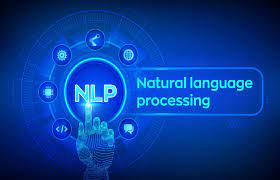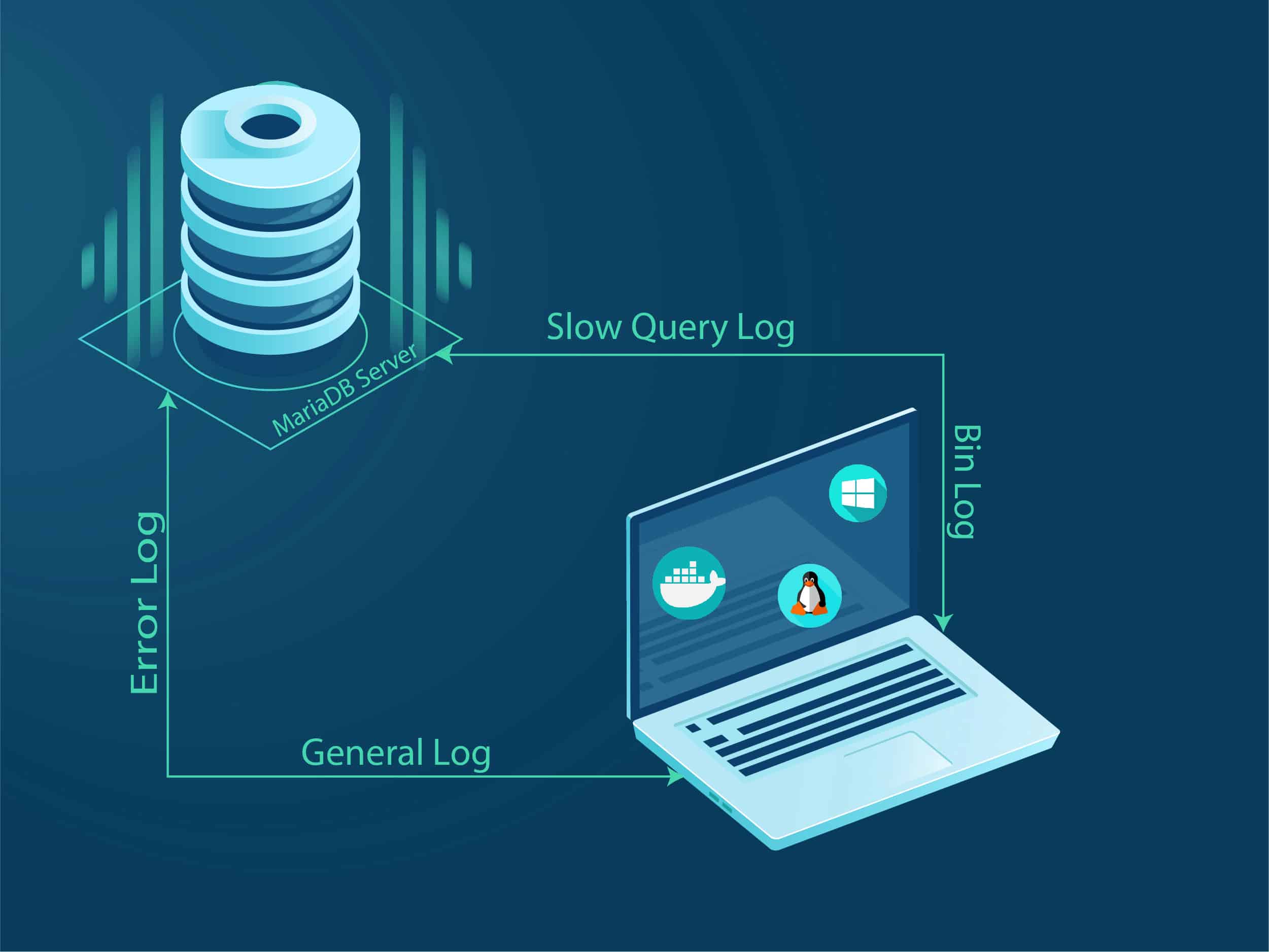Content
After you’ve configured it, a task runner can do most of that mundane work for you—and your team—with basically zero effort. Get Advice from developers at your company using StackShare Enterprise. Connect and share knowledge within a single location that is structured and easy to search. Parcel is an open source project, powered by code and financial contributions from companies and individuals around the world. Scalable from small websites to massive applications.
- Web apps are not just about JavaScript; they include many other resources, including rich content, fonts, serialized data, and HTML and CSS.
- Rollup has good documentation, and there are a good number of resources available to learn it in depth.
- It integrates with low-level operating system APIs to determine what files have changed in milliseconds, no matter the project size.
- Only critique I have is that configuration can be somewhat daunting.
- Debugging React applications can be difficult, especially when users experience issues that are hard to reproduce.
- If you don’t want to worry about configuring everything and your needs are common needs, you should go directly with parcel.
- This includes tree-shaking and minifying your JavaScript, CSS, and HTML, resizing and optimizing images, content hashing, automatic code splitting, and much more.
- This means you only need to wait for the page you’re actually working on to build!
Web bundlers today aren’t just used for creating production builds. Rather, our day-to-day development depends heavily upon their performance. As mentioned earlier, we created a small React application to benchmark bundling speed and the size of the bundles generated. A significant impetus for adopting bundlers in modern applications was the transformation of code and assets.
Babel, Webpack and Parcel
Parcel provides defaults (for babel-preset-env, post-css, html, etc) that fits most scenarios and works for everybody. You don’t have to worry about configuring anything. All Parcel plugins use a unified diagnostic format that supports highlighted code frames, rich Markdown formatting, hints, and documentation links. Compile individual source files and extract dependencies.
Parcel also has a built-in API proxy, which can help simulate your production environment. Rollup also provides convenient source maps, which can aid in debugging. The LogRocket Redux middleware package adds an extra layer of visibility into your user sessions. LogRocket logs all actions and state from your Redux stores. As we said earlier, it depends upon your set of requirements. I hope this comparison will help in making the decision easier for you.
Getting Started
It’s also largely interchangeable with webpack 3 configuration which simplifies migration. Babel provides transpilation support for translating newer ES6 and ES7 syntax into 2018 web-browser compliant ES5.
- Code Splitting allows to load parts for the application on demand.
- The core difference here between Parcel and webpack 4 is that we directly set the index.js file into the script.scr of our index.html or view rather than the compiled bundle.
- Rather, our day-to-day development depends heavily upon their performance.
- This report gives us great insight into what all of these bundlers are offering.
- As the frontend world progressed with more client-side-rendered apps, ideas began to emerge about how to efficiently bundle our tons of JS.
Here, we are sharing configs for generating distribution packages for React Facebook Pixel. It will give you a glimpse of how it looks like for each of these bundlers.
Rollup
Code Splitting allows to load parts for the application on demand. Through “loaders” modules can be CommonJs, AMD, ES6 modules, CSS, Images, JSON, Coffeescript, LESS, … It offers blazing-fast performance utilizing multicore processing and requires zero configuration. With parcel, you don’t have to set up any configuration or any loader for either CSS, JS, assets etc.. By code splitting, we mean to extract common dependencies or modules in a shared bundle and ensure that only the code required for the page is downloaded and executed. Code splitting is a crucial aspect of keeping large-scale applications efficient. The web.dev team evaluated each bundler against eight criteria.
LogRocket is like a DVR for web and mobile apps, recording literally everything that happens on your React app. Instead of guessing why problems happen, you can aggregate and report on what state your application was in when an issue occurred. LogRocket also monitors your app’s performance, reporting with metrics like client CPU load, client memory usage, and more. To stay competent for new and more sophisticated web apps, each of these bundlers offers all the features required by most of the modern apps. Webpacker makes it easy to use the JavaScript preprocessor and bundler Webpack to manage application-like JavaScript in Rails.









